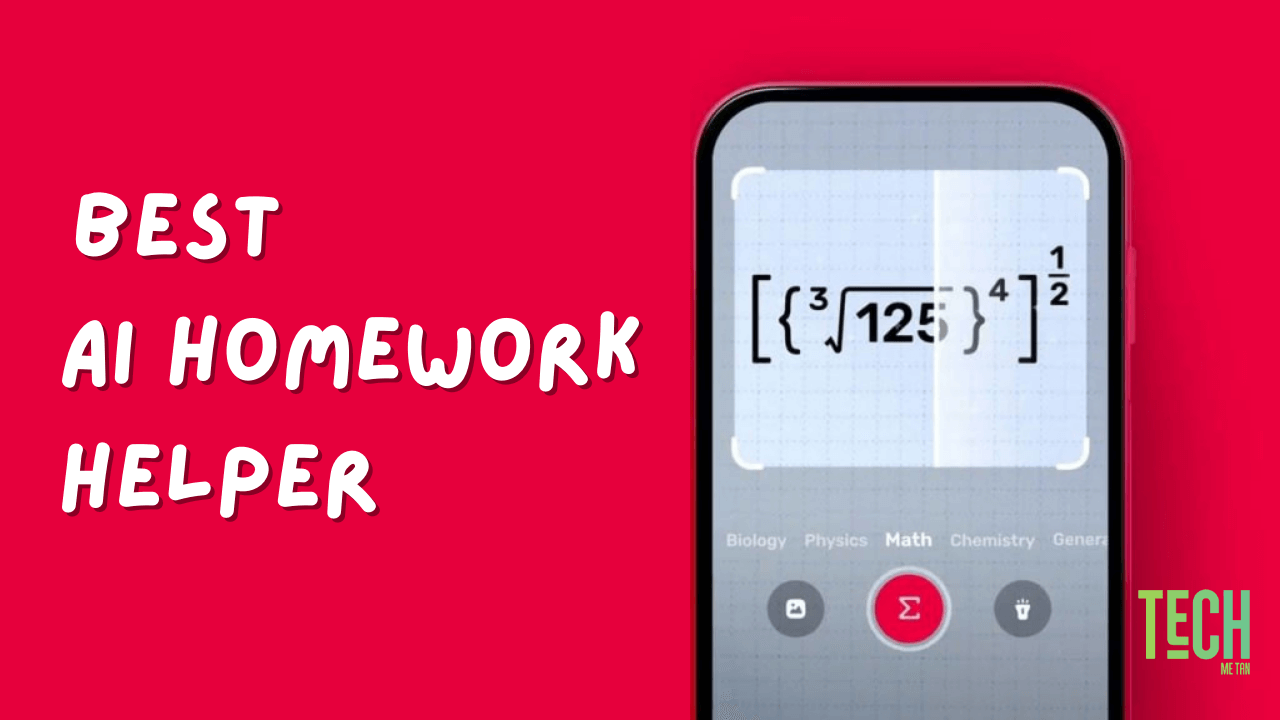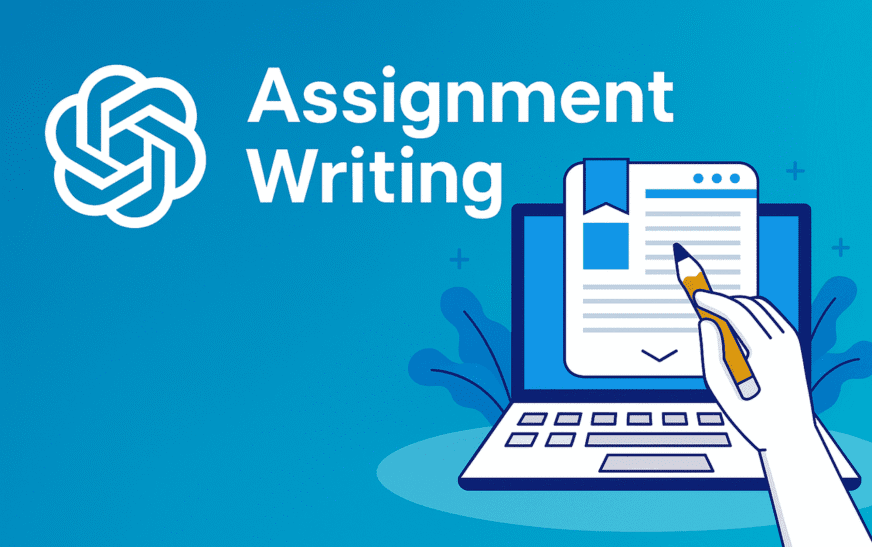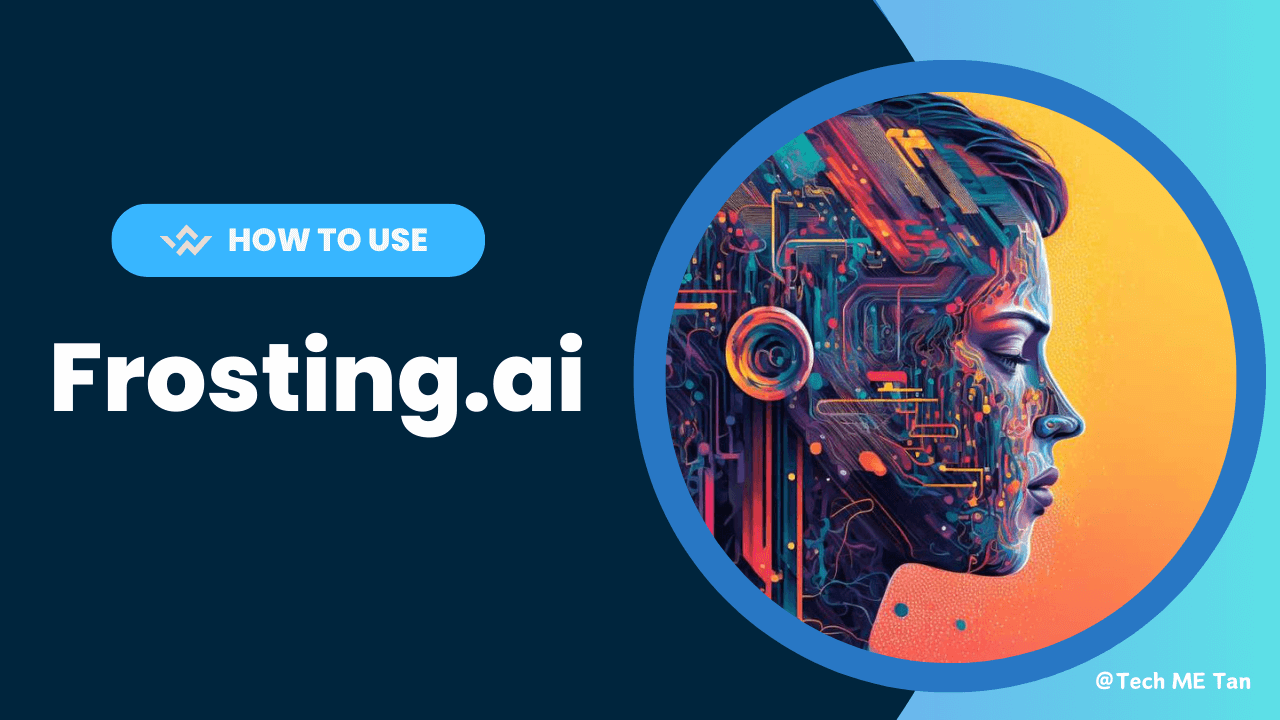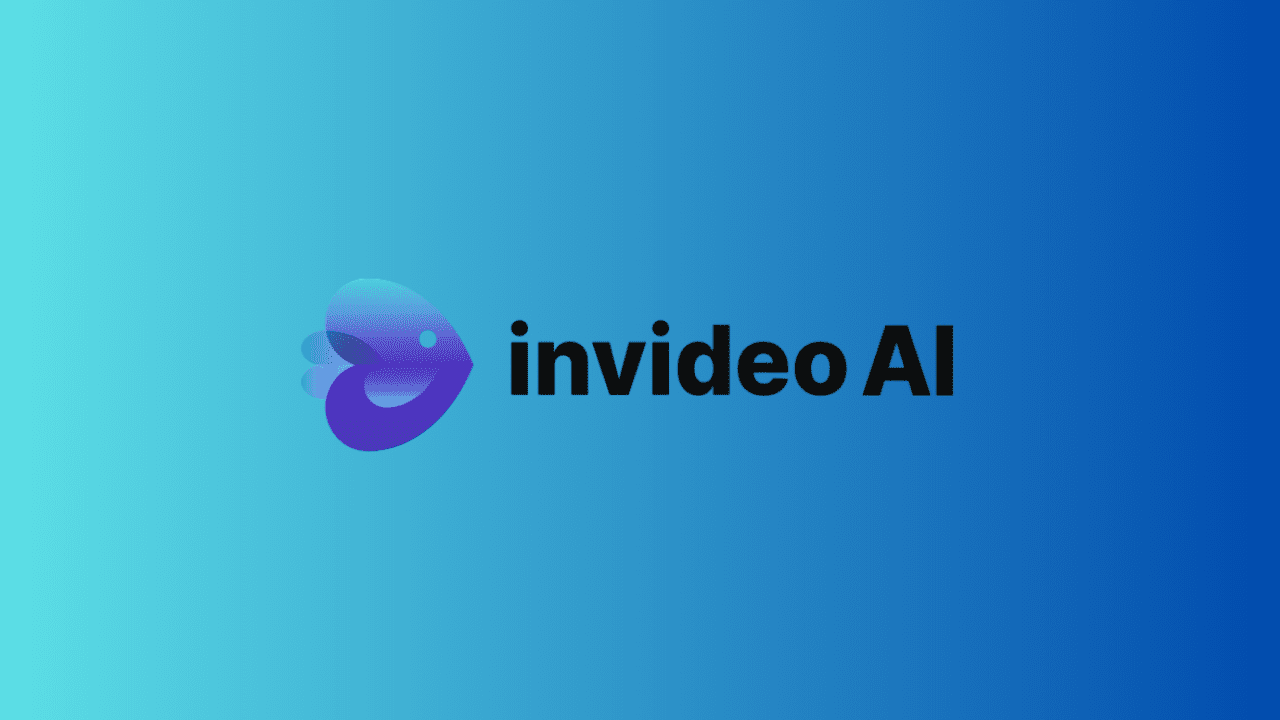Short Answer: Autonomy, Perception, Learning, and Action
Artificial Intelligence (AI) agents are like digital helpers that can think, learn, and act on their own. They’re used in many areas—from voice assistants like Alexa to self-driving cars. But what makes an AI agent special comes down to four core characteristics. Let’s break them down.
1. Autonomy
An AI agent can work on its own without needing constant human instructions. For example, a robot vacuum cleans your home by figuring out the best path itself.
2. Perception
It can sense or “see” what’s going on around it. This might be through cameras, microphones, or other sensors that give it information about the environment.
3. Learning
An AI agent improves over time by learning from past actions and mistakes. Think of how Netflix suggests better shows the more you watch.
4. Action
Finally, an AI agent takes action based on what it knows. This could mean moving a robot arm, replying to a question, or adjusting the temperature in a smart home.

What Are Intelligent Agents and How Are They Used in AI?
An intelligent agent is a computer program or machine that can sense its surroundings, think about what to do, and act to achieve a goal. In AI, intelligent agents are used in many ways—like chatbots that answer questions, virtual assistants that help with daily tasks, and robots that explore space or deliver packages.
What Is the Role of an Agent in Artificial Intelligence?
The role of an agent in AI is to make decisions and perform tasks in a way that helps reach a specific goal. It gathers information, processes it, and chooses the best action—just like a human making choices based on what they see and know.
What Is a Rational Agent in AI?
A rational agent is one that always tries to take the best possible action to achieve its goals, based on the information it has. For example, a self-driving car chooses the safest and fastest route by considering traffic, road conditions, and rules.










